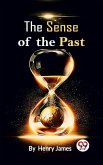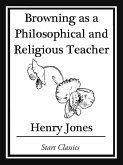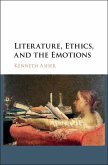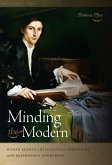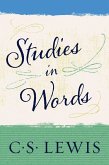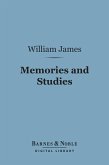Translated literally as book of love, Liber Amoris is William Hazlitt's fictional account of his affair with the daughter of an innkeeper. In it, he also explores the darker elements of his personality. An important example of Romantic short fiction, this autobiographical novel was reviled upon publication due to its unsavory subject matter.
Dieser Download kann aus rechtlichen Gründen nur mit Rechnungsadresse in A, D ausgeliefert werden.



